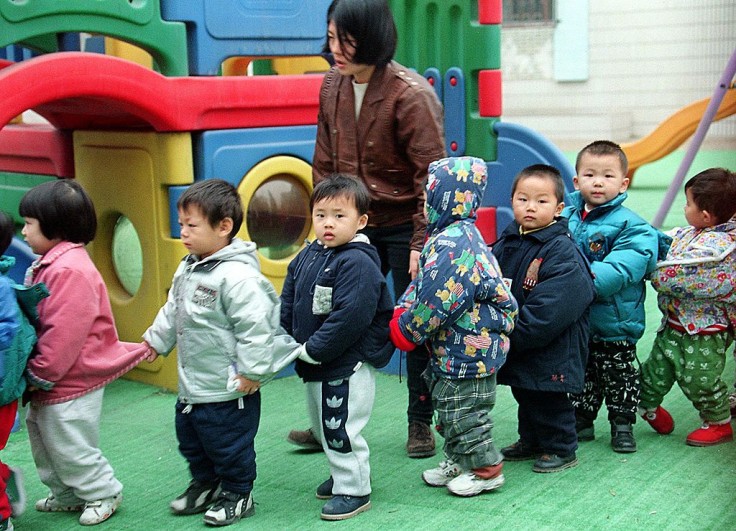
In a chilling incident that shocked the nation, a Chinese kindergarten teacher has been executed after poisoning 25 of her students, tragically leading to the death of one child.
The No. 1 Intermediate Court in Henan province's city of Jiaozuo confirmed the execution of Wang Yun on Thursday, following her conviction for the heinous act that unfolded at Mengmeng Pre-school Education in March 2019.
The motive behind the poisoning remained clouded, with speculation about revenge as the potential reason.
This incident has further highlighted the alarming trend of attacks on school children in China, raising concerns about mental health and security in educational institutions.
Poisoning Incident at Mengmeng Pre-school Education
The New York Post reported that the authorities refrained from disclosing the specific execution method used for Wang. Typically, in China, death sentences involve a bullet to the back of the head, though lethal injections have been utilized on occasion.
Less than two years after being handed the death sentence for the high-profile case of mass child poisoning that deeply impacted China, Wang's execution was carried out.
Wang Yun, a 40-year-old teacher at Mengmeng Pre-school Education, reportedly put toxic sodium nitrite in the porridge served to her students on March 27, 2019.
The sinister act came after an argument with a colleague over student management.
While most of the children recovered relatively quickly, one student, identified only by the surname Wang, suffered from multiple organ failure and eventually succumbed to the poisoning after ten months of medical treatment.
The shocking poisoning incident was not the first time Wang had employed such a deadly method.
According to the Associated Press, aside from poisoning her own students, she used the same toxic substance to poison her husband, who fortunately survived but sustained mild injuries.
The court's decision to impose the death penalty on Wang was met with heated debates over her intentions during both the attacks on her husband and the students.
While revenge seemed to be the motivation behind the acts, the extent of her intent to cause harm or fatalities remained uncertain.
Disturbing Trend of School Attacks in China
According to USA Today, the incident at Mengmeng Pre-school Education is just one among a series of disturbing attacks on young students in China in recent years.
These assaults are typically perpetrated by knife-wielding assailants described as mentally disturbed or harboring grudges against individuals or society.
The lack of private gun ownership in China has led attackers to resort to knives and homemade explosives as their primary weapons of choice.
Authorities in China have taken steps to increase security presence in schools following a tragic incident in 2010 when around 20 children were killed in a school attack.
Despite these efforts, the attacks have continued, underscoring the need for a comprehensive approach to address the root causes behind such violence.
A Wake-up Call for China's Educational System
The execution of Wang Yun, the Chinese kindergarten teacher responsible for poisoning her students at Mengmeng Pre-school Education, has sent shockwaves throughout the country and sparked debates on mental health, school security, and the state of China's tightly controlled society.
The incident serves as a wake-up call for the Chinese authorities to address the deficiencies in diagnosing and treating mental illness and to implement more effective security measures in educational institutions.
Moreover, the attacks on school children highlight broader social and economic issues, including professional burnout and economic pressures, which could be contributing to the disturbing trend.
As China faces a plunging birth rate and declining population, the safety and well-being of its younger generation take on an added weight.
As the nation seeks ways to prevent such tragedies in the future, it is crucial to address the underlying factors contributing to violence in schools and promote a safer and healthier environment for students and educators alike.